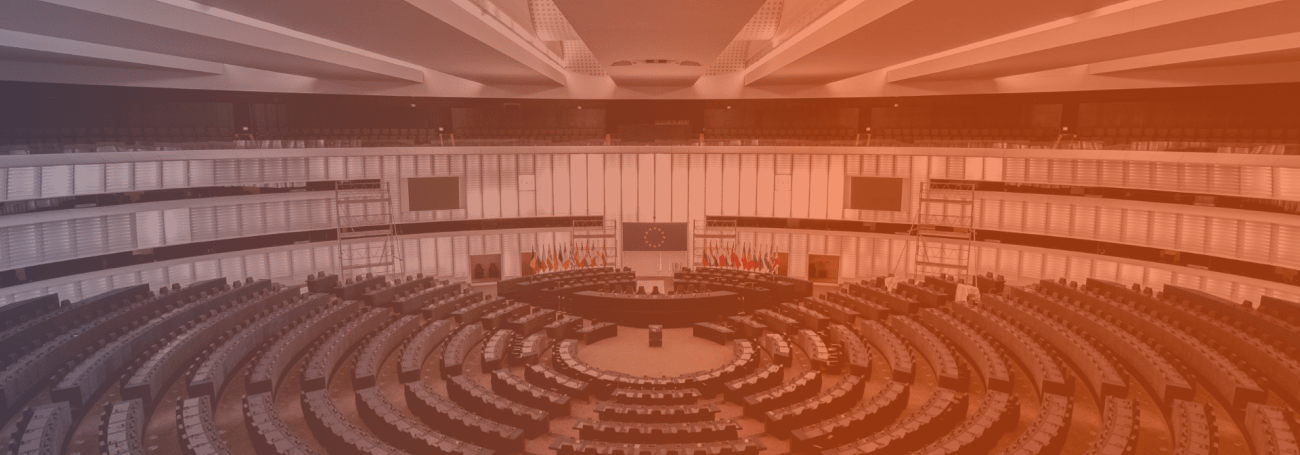
Supporting national and international policy developments in the field of restorative justice is one of the core mission of the European Forum for Restorative Justice with the aim to develop and improve the legal and policy restorative justice framework in Europe and beyond. The EFRJ, and its membership, is very active with regards to policy making in Europe at the national level as well as at the Council of Europe, the European Union and the United Nations.
The EFRJ has provided significant input to the drafting and implementation of the main European and international documents such as the new Recommendation CM/Rec(2018)8 concerning restorative justice in criminal matters, the European Commission's Victims’ Rights Directive (2012/29/EU), the reviewed process of the UN Basic principles on the use of restorative justice programmes in criminal matters (ECOSOC Res. 2000/14) and the UN Handbook on Restorative Justice Programmes.
Thanks to our expertise and our strategic location in the heart of the European Union, we are able to contribute to high level policy events in Brussels and to engage in dialogues with EU policy makers, advocating for a more effective and comprehensive European Union policy concerning restorative justice.
Beside these consultative roles with European and international bodies, our strategic goal in the coming years is to work more closely with national policy makers to help the better implementation of EU and other international legislation related to restorative justice. In this regard, in 2018 we launched the European Restorative Justice Policy Network in order to create a more close link with policy makers and through this achieve a larger impact on national efforts on developing restorative justice in European countries.


